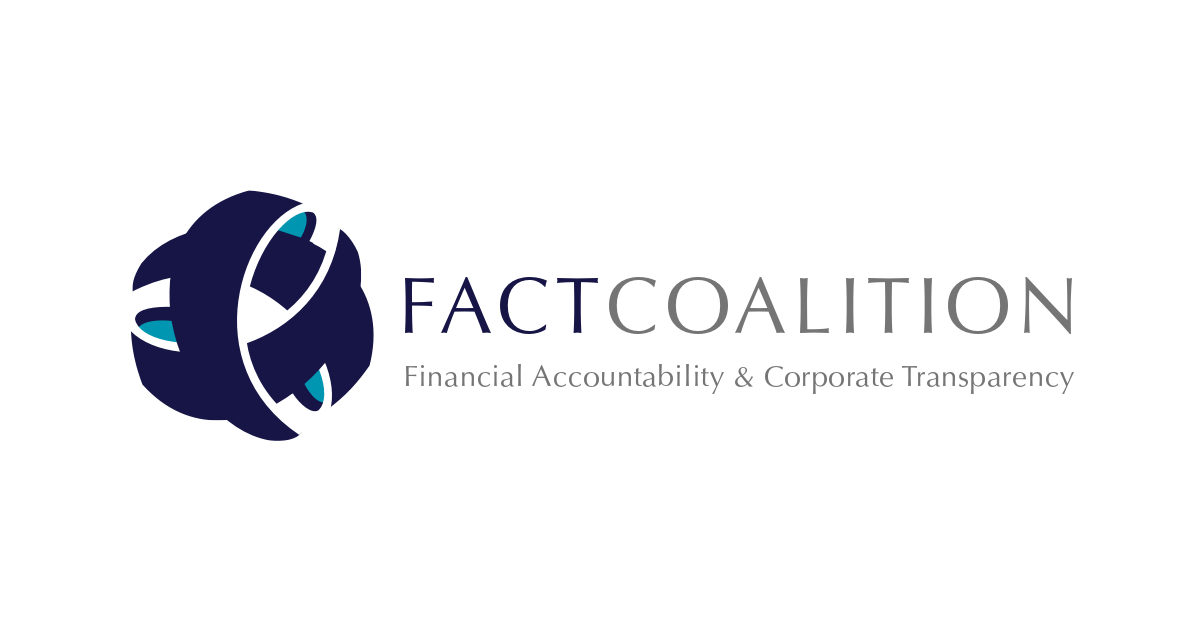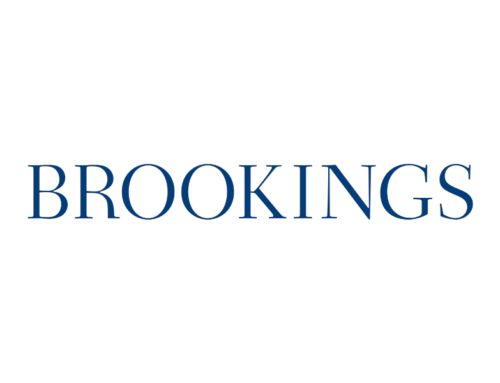By Thomas Georges
One year ago this week, the Biden Administration held the first Summit for Democracy, reiterating the United States’ dedication to bolstering global democracy through multilateral engagement, and to establishing the fight against corruption as one of three key pillars underpinning its pro-democracy efforts at home. Fittingly, the Administration took the Summit as an opportunity to launch the first ever national Strategy on Countering Corruption, which identified anti-money laundering (AML) and financial transparency initiatives as central to meeting the Administration’s anti-corruption commitments.
The release of the Strategy was, and remains, an important step toward identifying and prioritizing anti-corruption reforms at home. But, in order to effectuate those reforms, the Administration must accelerate its efforts on AML, namely by fully implementing U.S. anonymous entity beneficial ownership transparency rules and advancing long-overdue regulatory overhauls on U.S. real estate and private investment fund markets within the coming year. Simultaneously, the Administration should make clear its priorities regarding Congressional action on adequately funding the agency responsible for implementing these crucial AML reforms, and establishing new authorities to effectively regulate certain financial gatekeepers.




